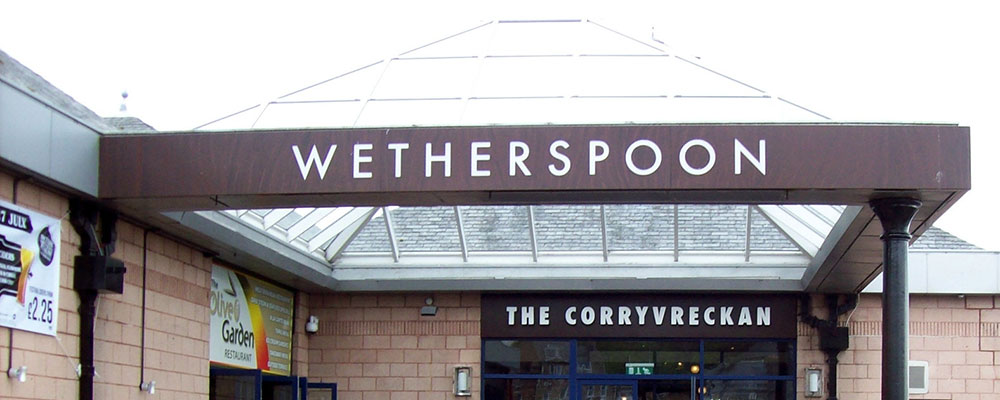
In pubs the length and breadth of the UK, drinkers will no doubt have been discussing Brexit over recent months. However, the contribution made to these discussions by JD Wetherspoon plc, the operator of the well-known UK pub chain, has not gone down well with an influential shareholder body.
The founder and chairman of JD Wetherspoon, Tim Martin, is a well-known supporter of Brexit and, under his stewardship, the company spent nearly £95,000 on pro-leave beermats, posters and booklets during the 2016 referendum campaign.
PIRC, Europe’s largest independent corporate governance and shareholder advisory consultancy, has claimed that this failed to comply with two key legal obligations:
- firstly, by not declaring annual political spending above £2,000 in its annual report; and
- secondly, by not obtaining shareholder approval for activities “capable of being reasonably regarded as intended to influence voters in relation to any national or regional referendum”.
The Company has disputed this interpretation, saying the law did not require it to seek investors’ backing.
So who is correct?
So far as the declaration of political spending is concerned, there is a clear regulatory requirement on companies to include, among other things, details of political expenditure in excess of £2,000 during any financial year in their directors’ reports.
So far as obtaining prior shareholder approval is concerned, Part 14 of the Companies Act 2006 states that a company needs to have prior shareholder approval before incurring political expenditure in relation to political parties, political organisations and independent election candidates.
A “political organisation” for these purposes includes any organisation which carries on, or proposes to carry on, activities that are “capable of being reasonably regarded as intended to influence voters in relation to any national or regional referendum held under the law of the UK or another member state”, and “political expenditure” includes expenditure incurred by a company on activities that “are capable of being reasonably regarded as intended to affect public support for a political party, political organisation or independent election candidate to influence voters in relation to any national or regional referendum held under the law of a member state”.
In the absence of both shareholder approval and disclosure of the expenditure on pro-leave merchandise in JD Wetherspoon’s annual report, it does appear that PIRC has a point.
Experienced drinkers will know that mixing alcohol and political debate has always been dangerous. In this case, with directors potentially liable to pay a company an amount equal to the unauthorised donation or expenditure, and to compensate it for any loss or damage suffered, the board of one of the UK’s best known pub chains could find that their support for the pro-leave campaign leaves them with a sizeable hangover.
